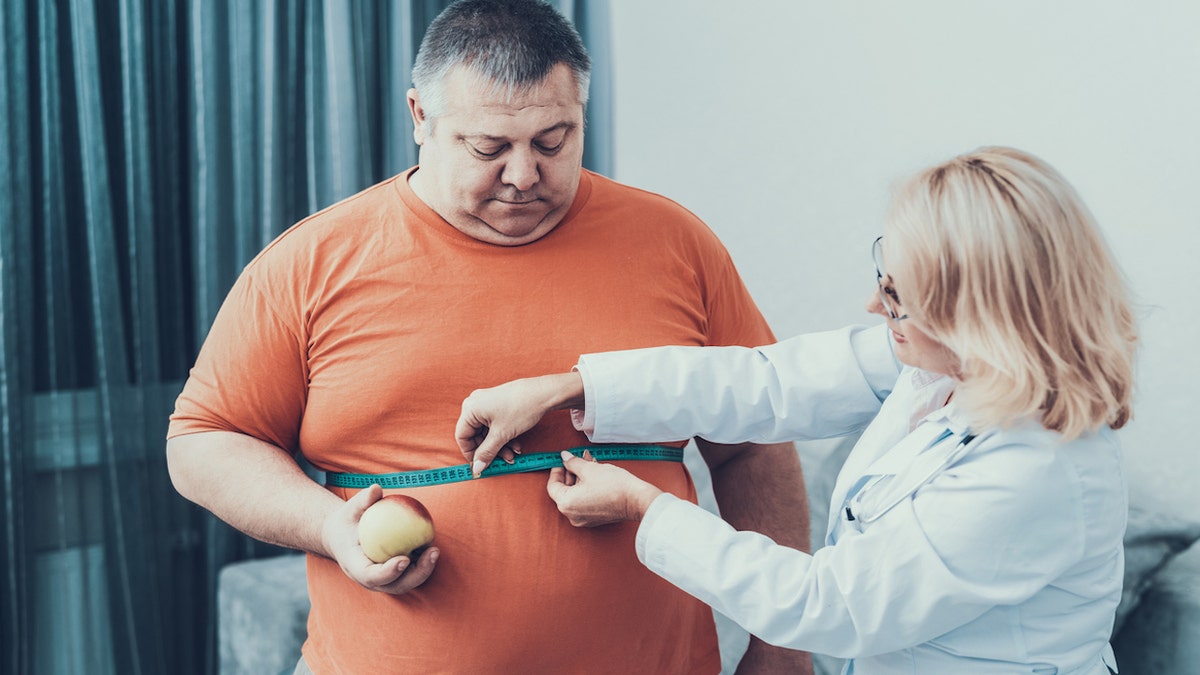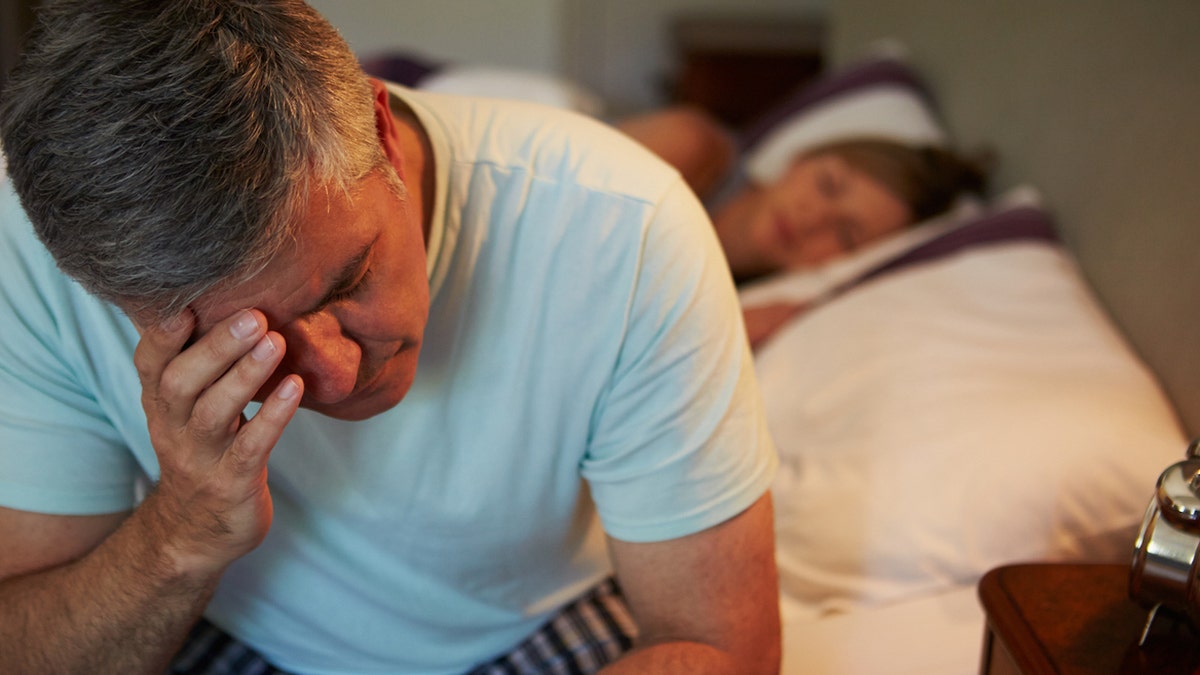
Millions of men worldwide experience a decline in testosterone levels as they age, leading to various health issues. This condition, known as testosterone deficiency, can cause symptoms such as fatigue, changes in mental acuity, less stamina, depression, and even infertility.
Testosterone is a key male hormone responsible for characteristics like hair growth, muscle mass and deepening of the voice. As men age past 40 years old, their testosterone levels gradually decrease. This decline can lead to serious health problems if left untreated, such as osteoporosis and lowered red blood cell production.
Dr. Gregory Broderick, a renowned urologist from the Mayo Clinic, encourages men experiencing symptoms of low testosterone to consult their healthcare team for proper diagnosis and treatment.
The exact cause of declining testosterone levels is not fully understood. However, research suggests that it may be linked to aging and certain medical conditions such as obesity or type 2 diabetes.
Several options are available for treating low testosterone, including hormone replacement therapy (HRT) in the form of creams, gels, patches, injections, pills or pellets. Each method aims to restore normal levels of testosterone and alleviate associated symptoms.
It is essential to note that not all men require HRT. Proper diagnosis based on symptoms and blood test results is crucial before initiating treatment.
Besides medical interventions, lifestyle modifications such as regular physical activity, a balanced diet, adequate sleep, and stress management can help improve overall health and potentially boost testosterone levels.








